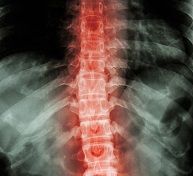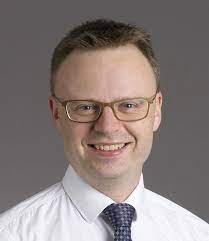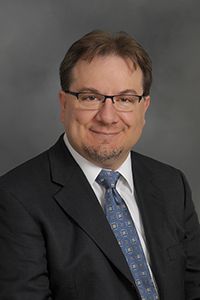Article
Promising Drug for Spinal Cord Injury
Author(s):
A study with rats appears to show promise for a drug that could help axons crushed in spinal cord injuries regenerate. Reporting in Nature Bradley Lang PhD, lead author of the study and a graduate student in the Lab of Jerry Silver, PhD, a professor of neurosciences at Case Western Reserve University School Medicine, say they found a way to design a drug that would help axons grow without having to touch the healing spinal cord.

A study with rats appears to show promise for a drug that could help axons crushed in spinal cord injuries regenerate.
Bradley Lang PhD, lead author of the study and a graduate student in the Lab of co-author Jerry Silver, PhD, a professor of neurosciences at Case Western Reserve University School Medicine, say they found a way to design a drug that would help axons grow without having to touch the healing spinal cord.
The goal is to partially reverse paralysis caused by such injuries.
Their study, reported in Nature, Modulation of the Proteoglycan Receptor PTP sigma Promotes Recovery after Spinal Cord Injury” was published online Dec. 3. In it, the researchers explain that after a spinal cord injury, axons try to cross the injury site but are stopped by the scarring that also occurs.
PTP sigma interacts with chondroitin sulfate proteoglycans, proteins that fill the scars. But by blocking that enzyme involved in the scarring process, Lang found axon growth resumed. That resulted in the treated rats showing better movement and bladder function.
“It was amazing—the axons kept growing and growing,” Silver said in a report on the National Institutes of Health website. The NIH helped fund the study.
The researchers looked at the injured rat spinal cords under a microscope and found the drug, called ISP, appeared to have caused axons to sprout. To confirm that finding, they gave some of the treated rats a blocker of serotonin communication and found the beneficial effects of ISP were reversed.
The drug builds on the natural recovery process, something no other drug has yet achieved, said Lyn Jakeman PhD, a program director at the NIH’s National Institute of Neurological Disorders and Stroke in Bethesda, MD.
The research team is hoping to test the ISP drug in clinical trials.





